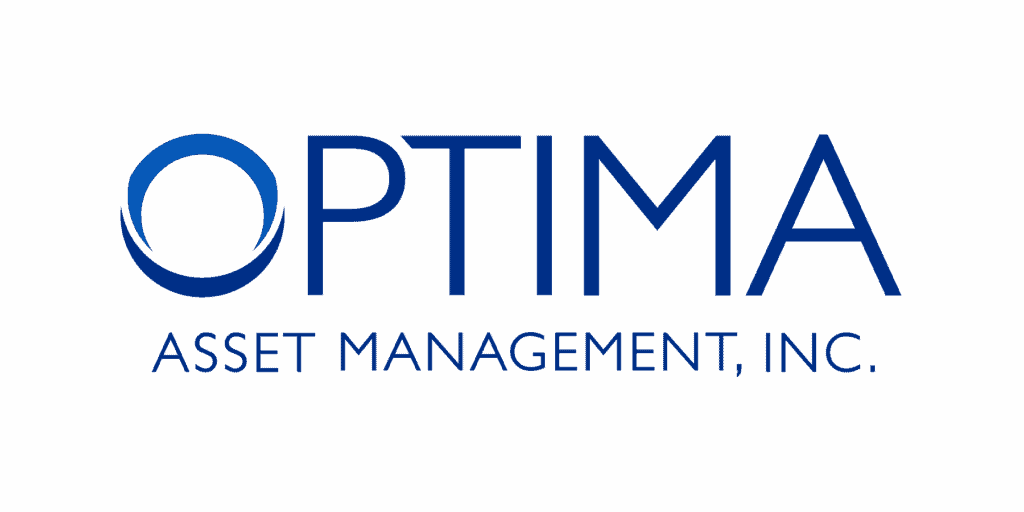The short answer is no, but that is not what many in the industry would have you believe.
Almost anyone can call themselves a Financial Advisor. The title is often used interchangeably to describe a Stockbroker, a Financial Planner, an Accountant, an Insurance Agent, and an Investment Manager, yet these roles are all very different.
When selecting a Financial Advisor, there are a few questions to consider:
Is the Advisor acting in your best interest…ALL the time, EVERY time?
Only an Advisor that is held to the “Fiduciary” standard is legally and ethically bound to act in your best interest, putting your interest ahead of their own. They are held to the highest standard.
A true fiduciary advisor is a Registered Investment Advisor (RIA). An RIA is one who has completed the qualifications to be registered with the SEC and applicable state agencies. They are bound by law to act as a fiduciary 100% of the time.
A true fiduciary advisor is registered ONLY as an RIA, and not dually registered as a broker (this is important because a broker is not bound to the fiduciary standard).
True fiduciary advisors only represent about 9% of all financial advisors in the United States.
Is the Advisor fully transparent with how they are compensated?
Do they charge a percentage for assets under their management (AUM)? Is it easy to calculate?
Do they charge a separate fee for financial planning?
Are they compensated by their firm or third-party for selling a particular product? Compensation could be in the form of a commission or in a non-monetary form such as gifts or trips.
Ask them to divulge all fee sources and forms of compensation beyond direct client advisory fees. For example, referral commissions or gifts.
Does the Advisor have industry credentials?
Certain credentials can be a good indicator of an advisor’s financial and investment knowledge.
A few of these are listed below:
- A Certified Financial Planner (CFP) certification requires passing a rigorous test about the specifics of personal finance. CFPs must also be committed to continuing education on ethics and financial matters to maintain their designation.
- A Certified Investment Management Analyst (CIMA) requires at least three years’ experience in financial services, coursework, test, and no record of ethical misconduct. The CIMA designation indicates competency as an advanced investment consultant. CIMAs must also be committed to continuing education on ethics and financial matters to maintain their designation.
- A Certified Private Wealth Advisor (CPWA) requires at least five years’ experience in financial services, coursework, test, and no record of ethical misconduct. CPWAs must also be committed to continuing education on ethics and financial matters to maintain their designation.
How much experience does the Advisor have with Investments and Financial Planning?
While certifications and degrees are important, there is also a very beneficial education earned through time. Finding an advisor who has been managing wealth for a long period of time ensures they have been through various market volatility scenarios.
Has the Advisor been party to any disciplinary actions?
A quick search on FINRA’s BrokerCheck https://brokercheck.finra.org/ can reveal if the advisor has a history of disciplinary actions or customer complaints. BrokerCheck will also indicate if an advisor is registered as a broker, as well as an RIA.
Some red flags would include:
- Disciplinary actions by a government regulator, such as the SEC or a state securities regulator, or by a self-regulatory organization, such as FINRA
- A history of customer complaints
- Lawsuits or arbitration claims brought by customers
- Employment with one or more firms that have been expelled from the securities industry.
Is the Advisor independent or are they under the umbrella of a Wall Street firm?
It is important to understand who is influencing the decisions. Corporate directives, compensation formulas or incentives to recommend proprietary products may impact the advice you receive.
What type of investments does the Advisor utilize?
Fund expenses matter, so look for an Advisor that primarily utilizes investments with lower expenses (e.g., institutional shares). Avoid advisors that utilize funds with loads or have higher expenses (e.g., retail shares).
Is the Advisor willing to admit when something falls outside of their range of expertise?
Ask the Advisor how they have assisted clients in a situation like yours. Also, ask how they assist in situations that fall outside of their expertise.
A good advisor should have a network of professionals they can refer, or work with, in situations outside of their experience.
With some due diligence, you can be confident the advisor you select will be working FOR you and your best interest.








